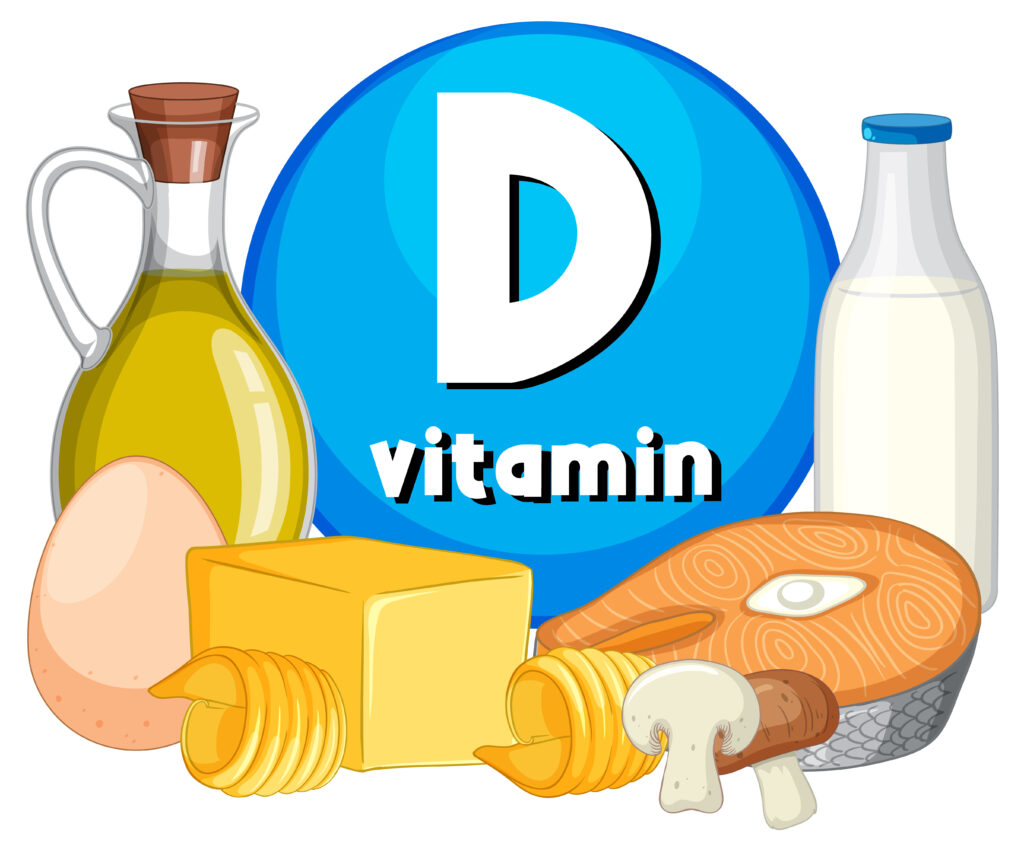In today’s blog post, we will delve into the importance of Vitamin D and various natural sources that can help you maintain optimal levels of this crucial nutrient. Vitamin D is often referred to as the “sunshine vitamin” due to its unique ability to be synthesized by the body when exposed to sunlight. In this article, we will discuss the benefits of Vitamin D, its role in bone health and immune system support, how to combat Vitamin D deficiency, and the different ways you can incorporate this essential vitamin into your daily routine. So, let’s explore the world of Vitamin D and discover the natural sources that can contribute to your overall well-being.
- The significance of Vitamin D for overall health
- Natural sources of Vitamin D
- Sun exposure and its role in Vitamin D synthesis
- Dietary sources of Vitamin D
- Benefits of Vitamin D for bone health and immune system support
The Importance of Vitamin D for Overall Health:
Vitamin D plays a crucial role in maintaining overall health and well-being. Here are some key points highlighting its importance:

- Bone Health: One of the primary functions of Vitamin D is to regulate calcium and phosphorus levels in the body, which are essential for maintaining strong and healthy bones. Adequate Vitamin D levels can help prevent osteoporosis and reduce the risk of fractures, especially in older adults.
- Immune System Support: Vitamin D is also known for its role in supporting the immune system. It helps regulate the immune response and may reduce the risk of developing autoimmune diseases and infections. Studies have shown that Vitamin D deficiency is associated with an increased susceptibility to illnesses.
- Sun Exposure and Vitamin D Synthesis: The most natural way to obtain Vitamin D is through exposure to sunlight. When your skin is exposed to UVB rays from the sun, it triggers the production of Vitamin D in the skin. However, factors like geographic location, season, time of day, and sunscreen use can impact the amount of Vitamin D your body produces.
- Dietary Sources of Vitamin D: While sunlight is the primary source of Vitamin D, it can also be found in certain foods. Fatty fish like salmon, mackerel, and tuna are excellent sources of Vitamin D. Other foods fortified with Vitamin D include dairy products, orange juice, and cereals. Incorporating these foods into your diet can help ensure you are meeting your Vitamin D requirements.
- Benefits of Maintaining Optimal Vitamin D Levels: Ensuring adequate Vitamin D levels in the body is essential for overall health. Besides bone health and immune system support, Vitamin D has been linked to reducing the risk of chronic diseases like cardiovascular conditions, certain cancers, and mood disorders. Regular exposure to healthy sunlight and consuming Vitamin D-rich foods can have long-term benefits for your well-being.
Combatting Vitamin D Deficiency and Healthy Sunlight Exposure:
- Understanding Vitamin D Deficiency: Vitamin D deficiency is a common issue, especially among populations with limited sun exposure or inadequate dietary intake. Symptoms of Vitamin D deficiency may include fatigue, muscle weakness, bone pain, and a weakened immune system. Getting regular sunlight exposure and consuming Vitamin D-rich foods are crucial in preventing and addressing this deficiency.
- Balancing Sun Exposure: While sunlight is a natural source of Vitamin D, it is essential to strike a balance to avoid skin damage and reduce the risk of skin cancer. Aim for short periods of sun exposure without sunscreen to allow your body to produce Vitamin D. Factors like skin type, time of day, and geographic location will determine the ideal duration of sunlight exposure for Vitamin D synthesis.
- Supplementation as an Option: In cases where it is challenging to get enough Vitamin D from sunlight and diet alone, supplementation may be necessary. Vitamin D supplements are available over the counter and can help boost your Vitamin D levels. However, it is crucial to consult with a healthcare provider to determine the appropriate dosage based on your individual needs.
By being mindful of your Vitamin D intake, maintaining a healthy balance of sun exposure, and incorporating Vitamin D-rich foods into your diet, you can support your overall health and well-being. Remember that Vitamin D is a vital nutrient with a wide range of benefits, so make it a priority to ensure you are getting enough of this essential vitamin for optimal health.
Vitamin D plays a crucial role in supporting overall health, particularly in bone health and immune system function. Ensuring you have adequate Vitamin D levels through a combination of sunlight exposure, dietary sources, and possibly supplementation can have significant benefits for your well-being. By understanding the importance of Vitamin D and making conscious efforts to maintain optimal levels, you can safeguard yourself against Vitamin D deficiency and its associated health risks. Remember, the “sunshine vitamin” is not just a nutrient but a key player in promoting a healthy and robust lifestyle. So, embrace the power of Vitamin D and harness its benefits for a thriving, energetic life.



